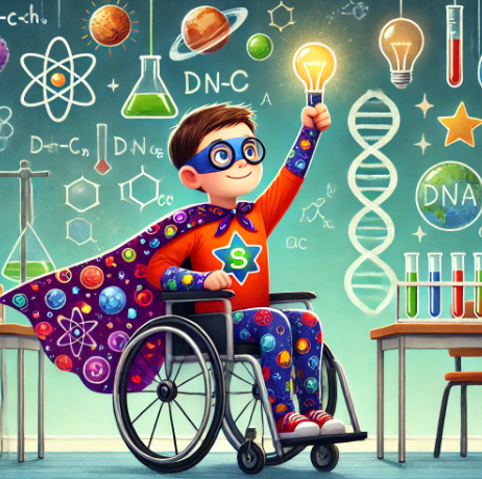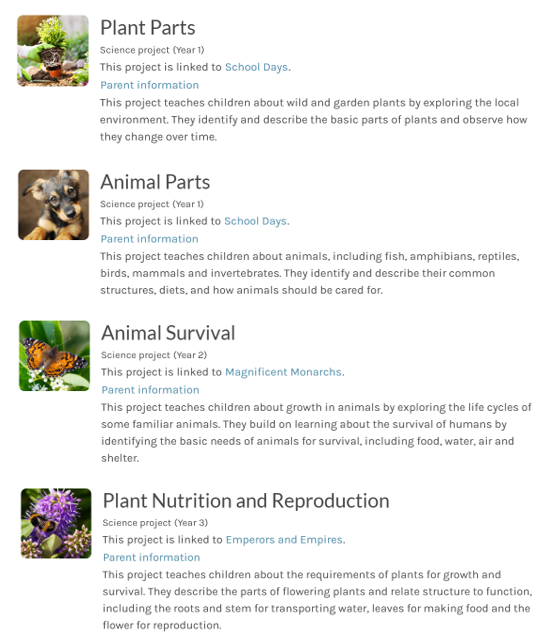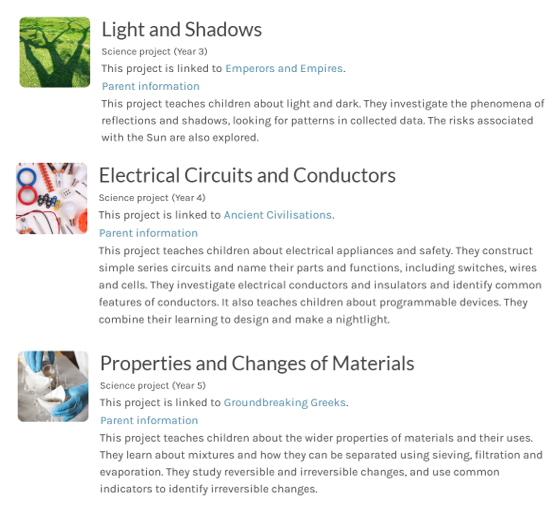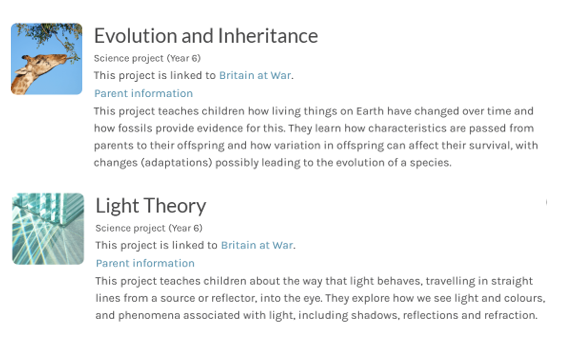Our Champion of Science – Scientist Sam

At Cawston Grange Primary School, we recognise the importance of Science in every aspect of daily life. As one of the core subjects taught in Primary Schools, we give the teaching and learning of Science the prominence it requires. We believe that Science should inspire, enthuse and enable children to find out about the world around them and how it works.
It is our aim to develop the natural curiosity of our children, encourage respect for living organisms and the physical environment and to provide opportunities for the critical evaluation of evidence. We strive to make our Science curriculum challenging, inspiring and fun, giving the children the confidence and motivation to continue to further develop their skills as they progress through our school.
We want our children to develop an understanding of Science by asking different types of scientific questions about the world around them through a series of different topics. In doing so, they will become equipped with the scientific knowledge required to understand the uses and implications of Science, today and for the future. In addition, they will develop the enquiry skills which will enable them to develop their scientific understanding during the next stage of their education. They will become adept at using a range of methods to display their findings as well as recognising the importance of the communication of scientific ideas through studying the lives of men and women who have contributed to science knowledge over the years.
Put simply, we want to help create the next generation of scientists!
KS1 And KS2 Science Programmes Of Study The National Curriculum for Science covering KS1 and KS2
Science
Spring Term Science Projects (Look on Dojo pages for more detailed Knowledge Organisers)



